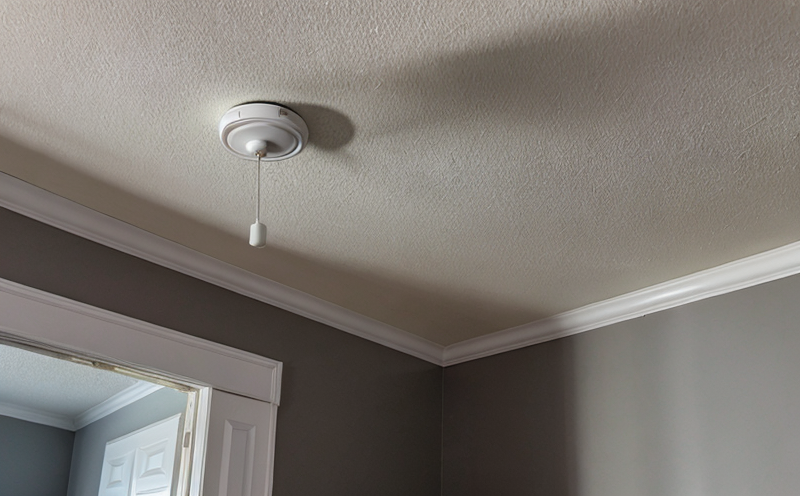Smoke detector inspection
The integrity of fire safety and protection systems is paramount in ensuring the well-being of occupants within any facility. Among these crucial components, smoke detectors play a pivotal role by providing early warning signs of potential fires. A thorough smoke detector inspection ensures that these devices are functioning as intended, thereby safeguarding lives and property.
During an inspection, trained professionals meticulously examine various aspects of the smoke detectors to identify any deficiencies or areas for improvement. This process involves checking the installation position, ensuring proper wiring, verifying sensor calibration, validating power supply, and testing response times under different environmental conditions.
The importance of regular inspections cannot be overstated. Over time, smoke detectors can accumulate dust or debris, which may interfere with their performance. Additionally, changes in ambient temperature or humidity levels can impact the operational efficiency of these devices. By conducting routine checks, facilities can maintain a higher standard of fire safety and protect against potential hazards.
Smoke detectors are typically categorized into different types based on their operating principles: ionization smoke detectors, photoelectric smoke detectors, and dual-sensor systems that combine both technologies. Each type has unique characteristics and is designed to detect specific types of fires more effectively than others. Therefore, understanding the nuances between these categories helps in selecting the most appropriate device for a given environment.
Smoke detector inspections are essential not only for compliance with local regulations but also for ensuring that facilities meet international standards such as ISO 9613-2:2014 and EN 54-7. These standards provide detailed guidelines on installation, testing, and maintenance procedures to guarantee optimal performance of fire safety devices.
Regular inspections contribute significantly to reducing the risk of false alarms while enhancing overall reliability. False alarms can lead to complacency among staff members who may become desensitized over time. On the other hand, reliable smoke detectors promptly signal danger, allowing for prompt evacuation and minimizing damage caused by fires. By adhering to strict inspection protocols, facilities can uphold a culture of safety and preparedness.
Facilities that prioritize regular inspections demonstrate their commitment to maintaining high standards of fire safety. This proactive approach fosters trust among stakeholders and contributes positively towards achieving accreditation from recognized bodies like Underwriters Laboratories (UL) or the British Standards Institution (BSI).
Applied Standards
- ISO 9613-2:2014: This international standard specifies requirements for testing, installation, and maintenance of smoke detectors.
- EN 54-7: European Norm that sets out detailed rules concerning the performance and characteristics of various types of fire detection systems including smoke alarms.
Scope and Methodology
| Aspect | Description |
|---|---|
| Installation Inspection | Verify the correct positioning of smoke detectors within the premises. |
| Wiring Check | Ensure that all connections are secure and free from damage or corrosion. |
| Sensor Calibration | Test the responsiveness of sensors to ensure accurate detection thresholds. |
| Power Supply Verification | Evaluate the integrity and voltage levels of power supplies powering smoke detectors. |
| Response Time Measurement | Simulate various scenarios to measure how quickly smoke detectors react to simulated smoke conditions. |
Why Choose This Test
- Comprehensive Evaluation: Offers a holistic view of the smoke detector's operational capabilities.
- Regulatory Compliance: Ensures adherence to local and international standards, reducing legal risks.
- Potential Cost Savings: Identifies issues early on, preventing costly repairs or replacements later down the line.
- Increased Safety: Provides peace of mind knowing that critical safety equipment is in top working condition.





